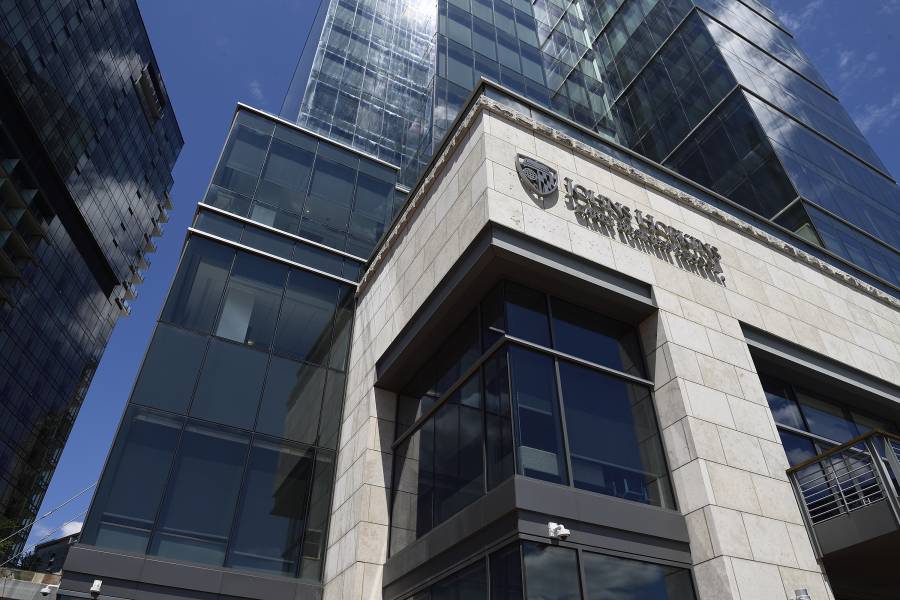Johns Hopkins Carey Business School was recognized for its reimagined full-time MBA experiential learning curriculum with a 2021 Innovator Award for General Excellence from MBA Roundtable, a global association of business schools dedicated to the advancement of graduate management education through curricular and co-curricular innovation.
Carey Business School's experiential learning curriculum provides MBA students with opportunities to put leadership and analytical skills to work in addressing real-world business challenges. Through a sequential and carefully designed portfolio of experiential courses and electives students learn to collaborate. They also practice creative problem solving through design thinking and quantitative analysis, culminating in evidenced-based recommendations.
A key component in the sequence of experiential learning courses is the Innovation Field Project, in which student teams work directly with corporate partners to analyze critical business challenges, provide consultation, and identify new business opportunities for their sponsors. MBA students strengthen key analytical and problem-solving skills learned during their first year of study while gaining valuable business experience teaming with 17 global corporations from an array of industries, including Siemens Energy, Anheuser-Busch, American Express, OhioHealth, and Phillips Healthcare.
Siemens Energy, for example, looked to Carey students to analyze and develop solutions related to industrial cybersecurity. The student consulting team developed recommendations for workforce development, marketing, and new market entry on a global scale.
"What makes the Innovation Field Project so unique from a project sponsor perspective is that we're gaining access to international experience and the right skill set to not only look at the numbers but to understand the context of the market," said John Ellis, director of Global Industrial Cybersecurity Alliances at Siemens Energy.
"The Innovation Field Project is a great opportunity for hands-on training that allows students to develop a collaborative practice, critical thinking, creativity, and complex problem-solving skills," said Daniel Sheats, director of curricular experiential learning at Carey Business School. "These skills will transfer directly to the workplace as students gain practical experience interviewing corporate stakeholders, conducting research, analyzing data, and presenting their recommendations to real-world challenges. Many of the partnering organizations are using the analysis and insights developed through the collaborations with our students," added Sheats.
Carey Business School reimagined its full-time MBA program for fall 2020 with renewed emphasis on experiential learning courses, analytics, innovation, and "power skills," which include leadership, negotiation, team building, communication, and change management. Students choose from two pathways of study: Health, Technology, and Innovation, or Analytics, Leadership, and Innovation. Throughout the MBA program, students develop a data-driven approach to problem solving and critical decision making.
In addition to the Innovation Field Project, MBA students also complete the experience-based Big Data Consulting Project, in which students partner with leading companies to gain practical experience in analyzing a data set related to a business challenge. Students focused on Health, Technology, and Innovation also complete the Design Lab and Commercializing Discovery courses, developing ideas for new health products and services and assessing the feasibility of bringing health-related innovations and inventions to market. Required courses in design thinking, artificial intelligence, and analytics additionally prepare students to lead in innovative tech environments, whether within major corporations or in rapidly growing startups.
Posted in Student Life
Tagged business, graduate education









